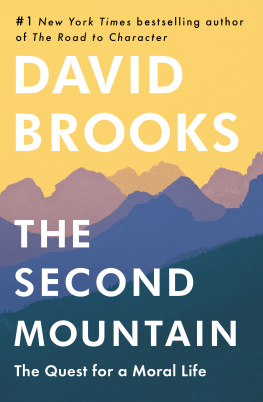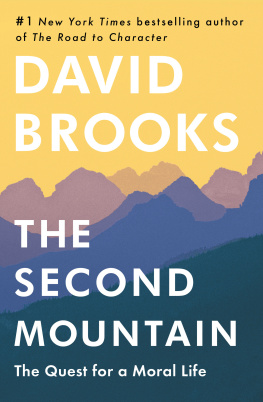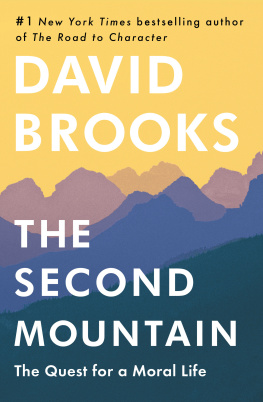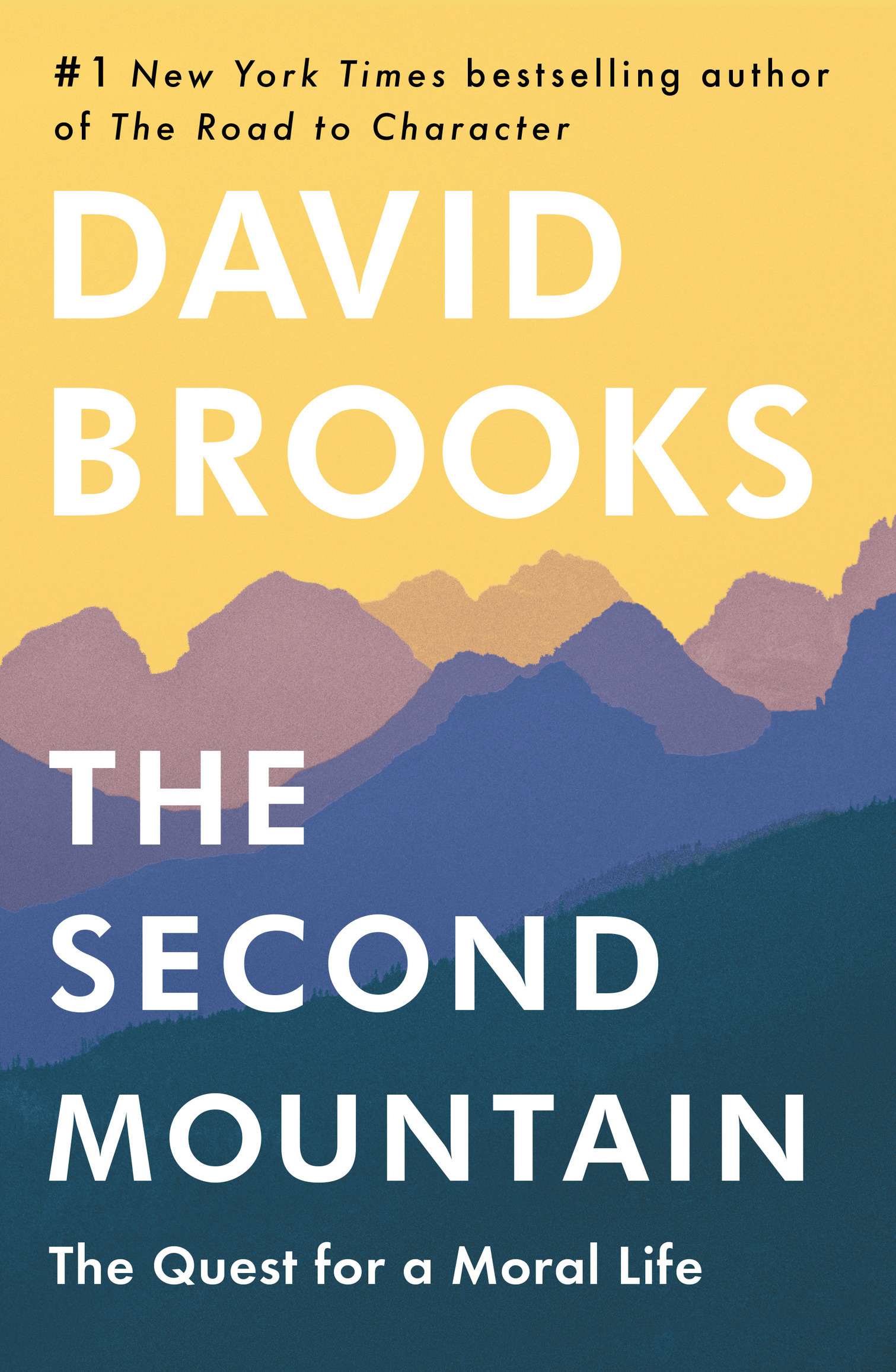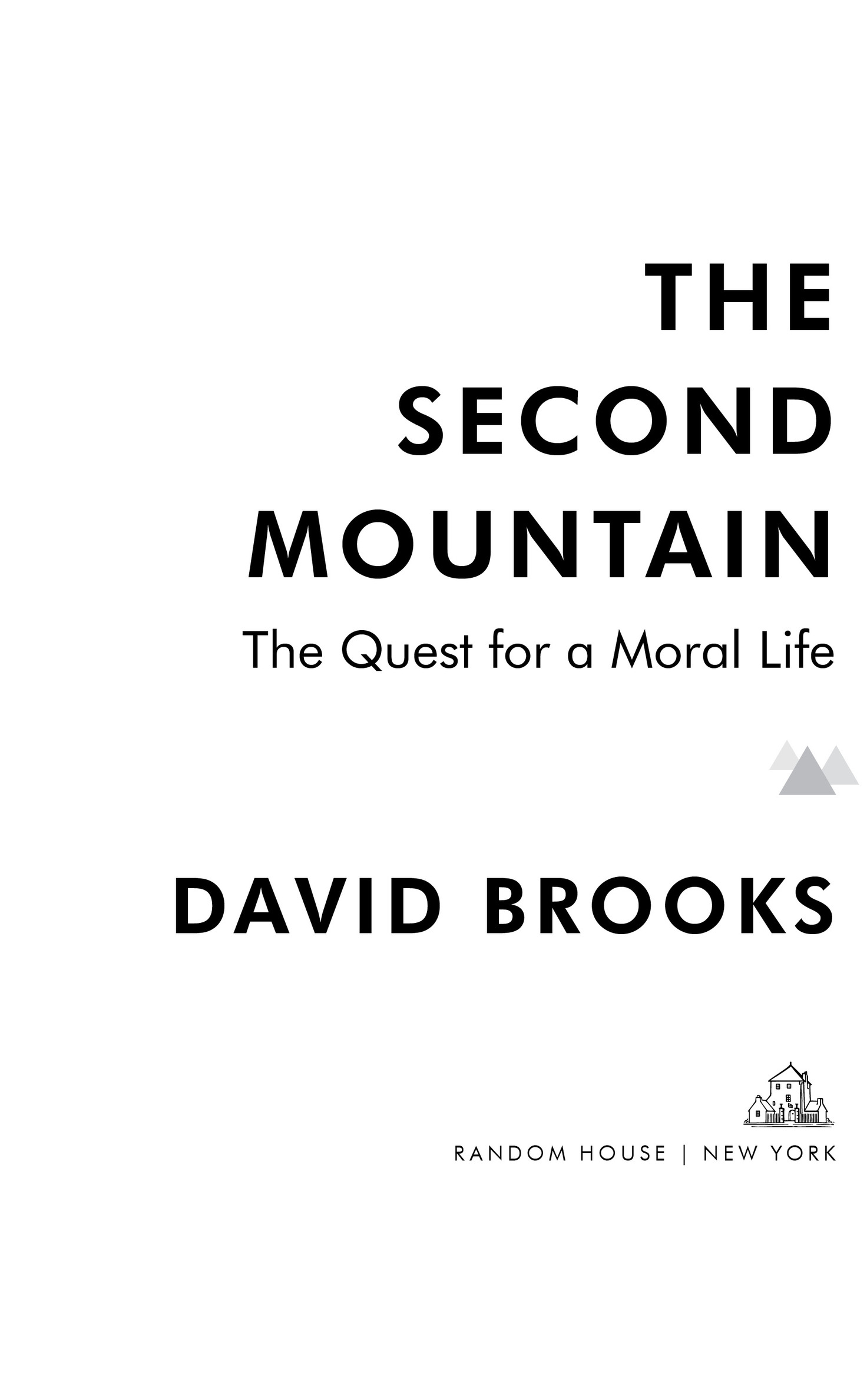All rights reserved.
Published in the United States by Random House, an imprint and division of Penguin Random House LLC, New York.
R ANDOM H OUSE and the H OUSE colophon are registered trademarks of Penguin Random House LLC.
Grateful acknowledgment is made to the following for permission to reprint previously published text:
A LFRED A . K NOPF, AN IMPRINT OF THE K NOPF D OUBLEDAY P UBLISHING G ROUP, A DIVISION OF P ENGUIN R ANDOM H OUSE LLC : Married from The Great Fire: Poems, 19821992 by Jack Gilbert, copyright 1994 by Jack Gilbert. Used by permission of Alfred A. Knopf, an imprint of the Knopf Doubleday Publishing Group, a division of Penguin Random House LLC. All rights reserved.
R ANDOM H OUSE, AN IMPRINT AND DIVISION OF P ENGUIN R ANDOM H OUSE LLC : Excerpt from Leap Before You Look from Collected Poems by W. H. Auden, copyright 1945 and copyright renewed 1973 by W. H. Auden. Used by permission of Random House, an imprint and division of Penguin Random House LLC , and Curtis Brown Ltd. All rights reserved.
INTRODUCTION
E very once in a while, I meet a person who radiates joy. These are people who seem to glow with an inner light. They are kind, tranquil, delighted by small pleasures, and grateful for the large ones. These people are not perfect. They get exhausted and stressed. They make errors in judgment. But they live for others, and not for themselves. Theyve made unshakable commitments to family, a cause, a community, or a faith. They know why they were put on this earth and derive a deep satisfaction from doing what they have been called to do. Life isnt easy for these people. Theyve taken on the burdens of others. But they have a serenity about them, a settled resolve. They are interested in you, make you feel cherished and known, and take delight in your good.
When you meet these people, you realize that joy is not just a feeling, it can be an outlook. There are temporary highs we all get after we win some victory, and then there is also this other kind of permanent joy that animates people who are not obsessed with themselves but have given themselves away.
I often find that their life has what I think of as a two-mountain shape. They got out of school, began their career or started a family, and identified the mountain they thought they were meant to climb: Im going to be a cop, a doctor, an entrepreneur, what have you. On the first mountain, we all have to perform certain life tasks: establish an identity, separate from our parents, cultivate our talents, build a secure ego, and try to make a mark in the world. People climbing that first mountain spend a lot of time thinking about reputation management. They are always keeping score. How do I measure up? Where do I rank? As the psychologist James Hollis puts it, at that stage we have a tendency to think, I am what the world says I am.
The goals on that first mountain are the normal goals that our culture endorsesto be a success, to be well thought of, to get invited into the right social circles, and to experience personal happiness. Its all the normal stuff: nice home, nice family, nice vacations, good food, good friends, and so on.
Then something happens.
Some people get to the top of that first mountain, taste success, and find itunsatisfying. Is this all there is? they wonder. They sense there must be a deeper journey they can take.
Other people get knocked off that mountain by some failure. Something happens to their career, their family, or their reputation. Suddenly life doesnt look like a steady ascent up the mountain of success; it has a different and more disappointing shape.
For still others, something unexpected happens that knocks them crossways: the death of a child, a cancer scare, a struggle with addiction, some life-altering tragedy that was not part of the original plan. Whatever the cause, these people are no longer on the mountain. They are down in the valley of bewilderment or suffering. This can happen at any age, by the way, from eight to eighty-five and beyond. Its never too early or too late to get knocked off your first mountain.
These seasons of suffering have a way of exposing the deepest parts of ourselves and reminding us that were not the people we thought we were. People in the valley have been broken open. They have been reminded that they are not just the parts of themselves that they put on display. There is another layer to them they have been neglecting, a substrate where the dark wounds, and most powerful yearnings live.
Some shrivel in the face of this kind of suffering. They seem to get more afraid and more resentful. They shrink away from their inner depths in fear. Their lives become smaller and lonelier. We all know old people who nurse eternal grievances. They dont get the respect they deserve. They live their lives as an endless tantrum about some wrong done to them long ago.
But for others, this valley is the making of them. The season of suffering interrupts the superficial flow of everyday life. They see deeper into themselves and realize that down in the substrate, flowing from all the tender places, there is a fundamental ability to care, a yearning to transcend the self and care for others. And when they have encountered this yearning, they are ready to become a whole person. They see familiar things with new eyes. They are finally able to love their neighbor as themselves, not as a slogan but a practical reality. Their life is defined by how they react to their moment of greatest adversity.
The people who are made larger by suffering go on to stage two small rebellions. First, they rebel against their ego ideal. When they were on their first mountain, their ego had some vision of what it was shooting forsome vision of prominence, pleasure, and success. Down in the valley they lose interest in their ego ideal. Of course afterward they still feel and sometimes succumb to their selfish desires. But, overall, they realize the desires of the ego are never going to satisfy the deep regions they have discovered in themselves. They realize, as Henri Nouwen put it, that they are much better than their ego ideal.
Second, they rebel against the mainstream culture. All their lives theyve been taking economics classes or living in a culture that teaches that human beings pursue self-interestmoney, power, fame. But suddenly they are not interested in what other people tell them to want. They want to want the things that are truly worth wanting. They elevate their desires. The world tells them to be a good consumer, but they want to be the one consumedby a moral cause. The world tells them to want independence, but they want interdependenceto be enmeshed in a web of warm relationships. The world tells them to want individual freedom, but they want intimacy, responsibility, and commitment. The world wants them to climb the ladder and pursue success, but they want to be a person for others. The magazines on the magazine rack want them to ask What can I do to make myself happy? but they glimpse something bigger than personal happiness.

